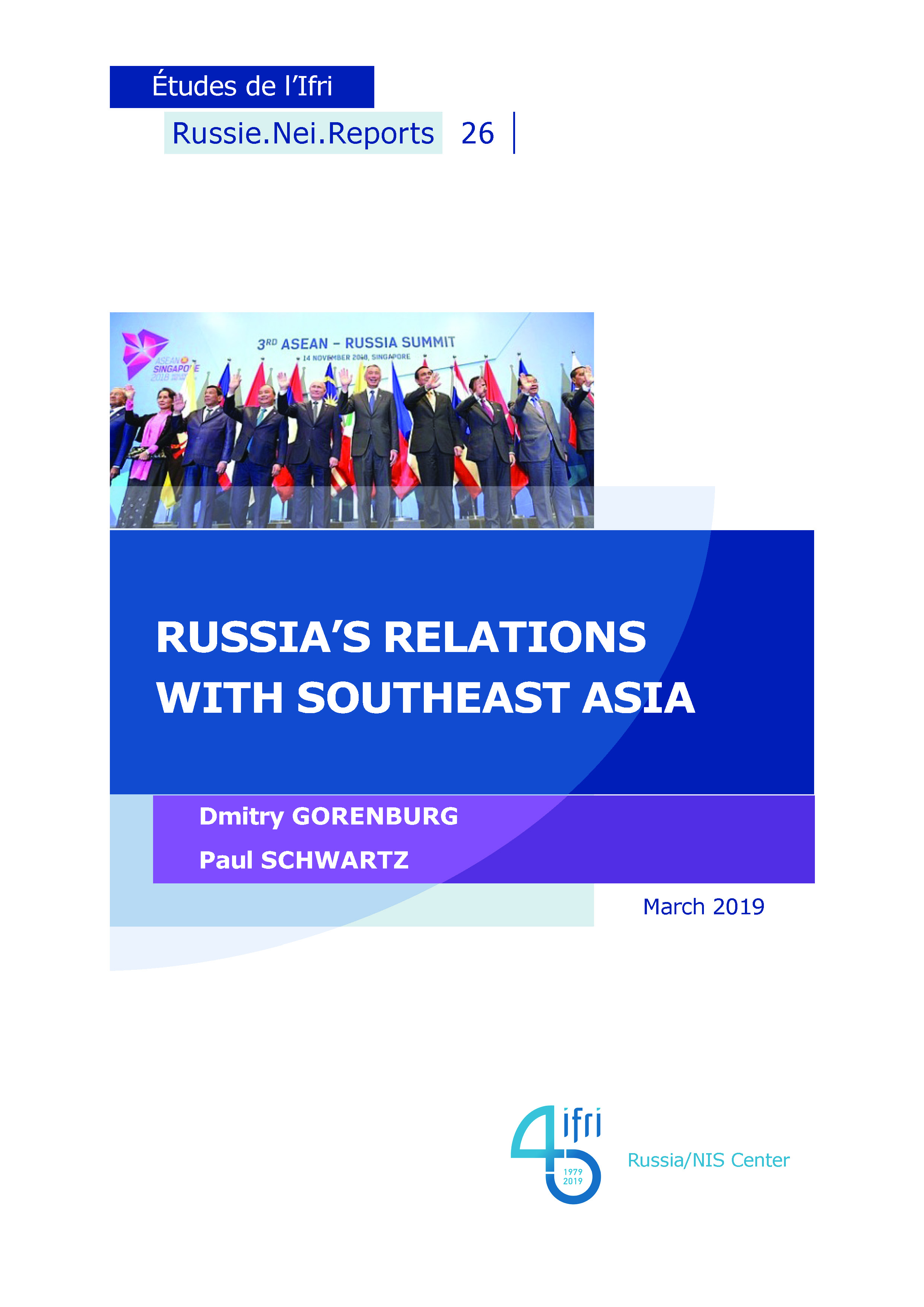Russia’s Relations with Southeast Asia

In recent years, Russia has focused on developing its relations with Southeast Asia, particularly in the areas of economic ties and arms sales.
This effort is part of its ongoing turn to the East, intended to allow Russia to reduce its dependence on the West, while harnessing the dynamic growth of the Asia-Pacific region as a means to modernize the Russian Far East and ultimately Russia itself. While its relations with the region have been gradually improving, Russia is still not that significant a player in Southeast Asia. Moreover, relationships in the region generally take a backseat to the critical partnership with China. Vietnam and Myanmar continue to be the most important partners, although Russia has made efforts to develop closer ties with Malaysia, Indonesia and, most recently, the Philippines.
Dmitry Gorenburg is Senior Research Scientist in the Russia Studies Program at the Center for Naval Analyses (CNA), and an associate at the Harvard University Davis Center for Russian and Eurasian Studies.
Paul Schwartz is an analyst in the Russia Studies Program at the Center for Naval Analyses (CNA).
Download the full analysis
This page contains only a summary of our work. If you would like to have access to all the information from our research on the subject, you can download the full version in PDF format.
Russia’s Relations with Southeast Asia
Related centers and programs
Discover our other research centers and programsFind out more
Discover all our analysesDeathonomics: The Social, Political, and Economic Costs of War in Russia
The report attempts to outline and examine a truly new phenomenon in Russian society, dubbed “deathonomics”—the making of a mercenary army against the backdrop of the Kremlin’s war in Ukraine, eventually replacing both the Soviet (conscript) and early new Russian (contract) armies. It notes that, by the end of 2023, this trend had turned the military service into one of the highest-paying professions in the country, something not seen in Russia on such a scale since the late 17th century.
Russia's Asia Strategy: Bolstering the Eagle's Eastern Wing
Among Russia’s strategic priorities, Asia traditionally played a secondary role compared to the West. In the mid-1990s, then Foreign Minister Yevgeny Primakov initiated a rapprochement with China and India. Then, in 2014, deteriorating relations between Russia and the West prompted Moscow to begin its “great pivot to the East”.
Kazakhstan After the Double Shock of 2022: Political, Economic and Military Consequences
The year 2022 represented a dual shock for Kazakhstan. In January, the country faced its most severe political crisis since independence, followed in February by Russia’s full-scale invasion of Ukraine, which cast uncertainty over the borders of post-Soviet states. These consecutive crises profoundly shaped Kazakhstan’s domestic and foreign policy.

How the Russian Army Changed its Concept of War, 1993-2022
The traditional and high-intensity war that has occurred in Ukraine since Russia decided to invade raises a key issue: did post-soviet Russian strategic thought really prepare Russia for waging this war?










